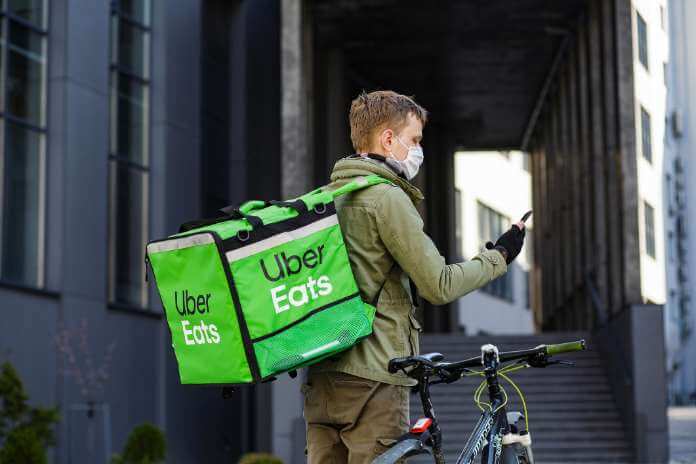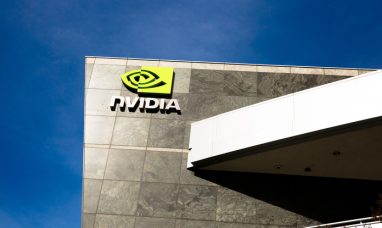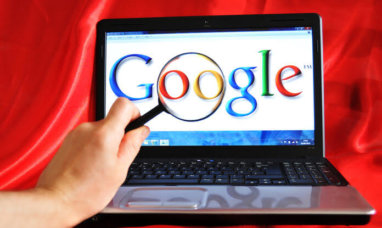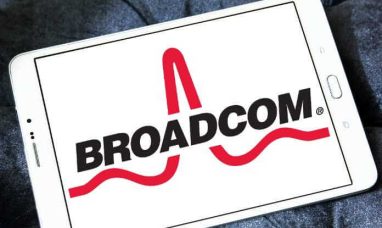Uber Eats (NYSE:UBER)
Uber Eats (NYSE:UBER) and Nuro recently signed a 10-year partnership for autonomous food delivery, signaling significant recent advancements in the field of self-driving technology. The latter has created driverless delivery robots that have started making limited appearances in a number of locations. Deliveries under the most recent agreement will begin this autumn in Houston, Texas, and Mountain View, California, with an expansion into the larger Bay Area anticipated.
Broader perspective: In 2020, Uber (NYSE:UBER) sold its self-driving unit to Aurora Technologies, abandoning its independent, autonomous ambitions in the wake of a fatal Arizona crash and declining R&D investment. While CEO Dara Khosrowshahi still has stock in the auto tech startup and serves on its board, Uber is under pressure to make investments in a sector that its founder once touted as essential to the company’s future. In fact, the General Motors (GM) Cruise division officially declared that its revenue-generating rideshare service would launch in Austin and Phoenix within 90 days. If it grows quickly, this service might pose a threat to Uber (UBER) and other competitors.
Cosimo Leipold, head of partnerships at Nuro, stated, “With our special autonomous delivery cars and Uber’s tremendous scale and reach, we can increase food delivery alternatives from your favorite neighborhood mom-and-pop restaurants all the way to national chains.”
How it works
The R2 is entirely autonomous as well, so clients must walk outside to unlock their “grab-and-go” orders by keying a code into a pad that is mounted to the side of the vehicle. The second-generation Nuro R2 car is half as wide as a compact sedan and shorter than other vehicles. Its temperature-controlled chambers can hold about 24 food bags and have a top speed of 45 mph. With rising costs, Uber still bets on its delivery business.
Featured Image – Megapixl © Fotomaniya















